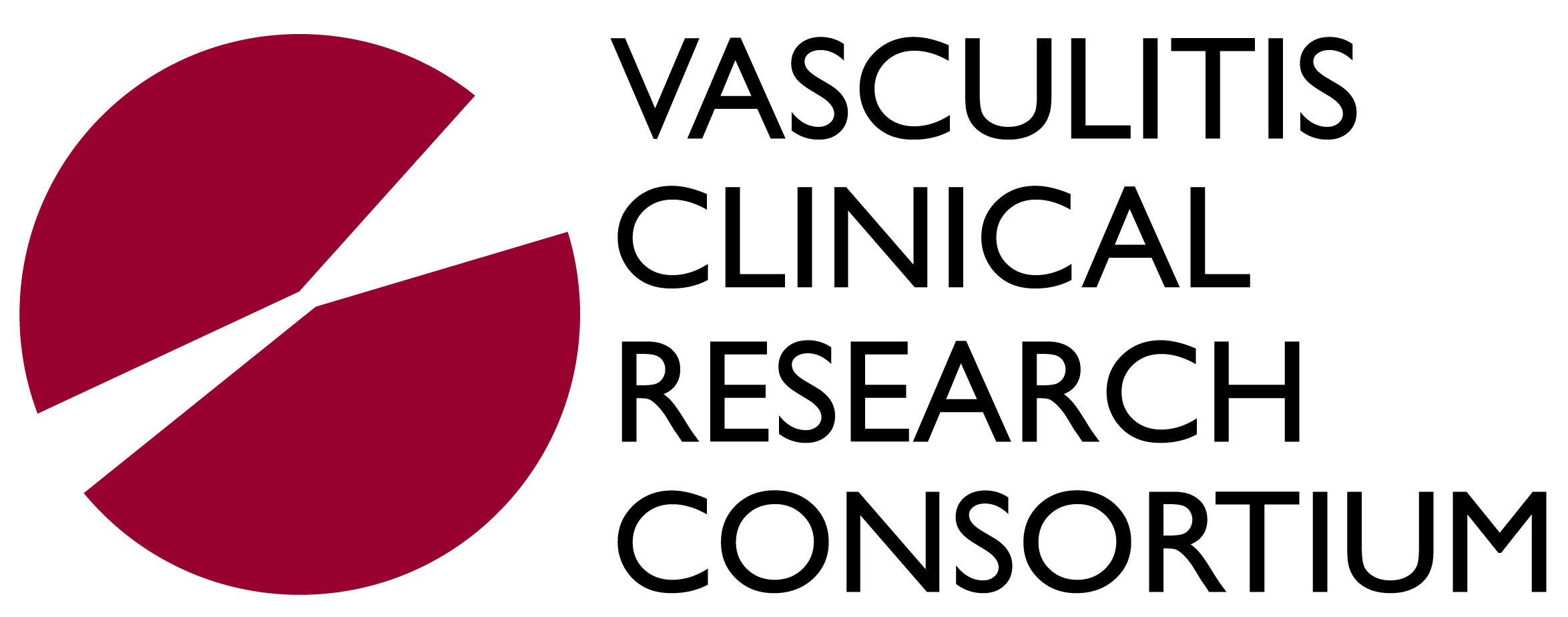Skip to main content
- Alkylating agents: A group of drugs originally used to treat cancer, now used (in lower doses) to treat some forms of severe vasculitis.
- Anaphylaxis: Anaphylaxis is a severe, potentially life-threatening allergic reaction. It can occur within seconds or minutes of exposure to something you're allergic to, such as the venom from a bee sting.
- Anemia: Condition resulting from low red blood cell counts.
- Aneurysm: Weakening of a blood vessel wall by inflammation. Sometimes leads to rupture of the vessel.
- Angina: Angina is a type of chest pain caused by reduced blood flow to the heart muscle. It is typically described as squeezing, pressure, heaviness, tightness or pain in your chest. Many people with angina say it feels like someone is standing on their chest.
- Anti-neutrophil cytoplasmic antibodies (ANCA): Anti-neutrophil cytoplasmic antibodies. These antibodies are found in patients with some forms of vasculitis, particularly eosinophilic granulomatosis with polyangiitis (Churg-Strauss), granulomatosis with polyangiits (Wegener’s), and microscopic polyangiitis.
- Antibodies: Special protein substances made by the body’s white blood cells for defense against bacteria and other foreign substances.
- Antinuclear antibody (ANA): Proteins in the blood that react with the nuclei of cells. ANA is seen in 5% of healthy individuals, and in most patients with autoimmune diseases.
- Aortitis: The inflammation of the aortic wall.
- Arteritis: Inflammation of the walls of an artery.
- Artery: Blood vessel that transports blood from the heart to the tissues.
- Arthralgia: Aches or pains in a joint.
- Arthritis: Inflammation of a joint, usually accompanied by pain, swelling, and stiffness, and resulting from infection, trauma, degenerative changes, metabolic disturbances, or other causes.
- Autoantibody: Antibody to one’s own tissues or cells.
- Autoimmune or autoimmunity: Allergy to one’s own tissues.

